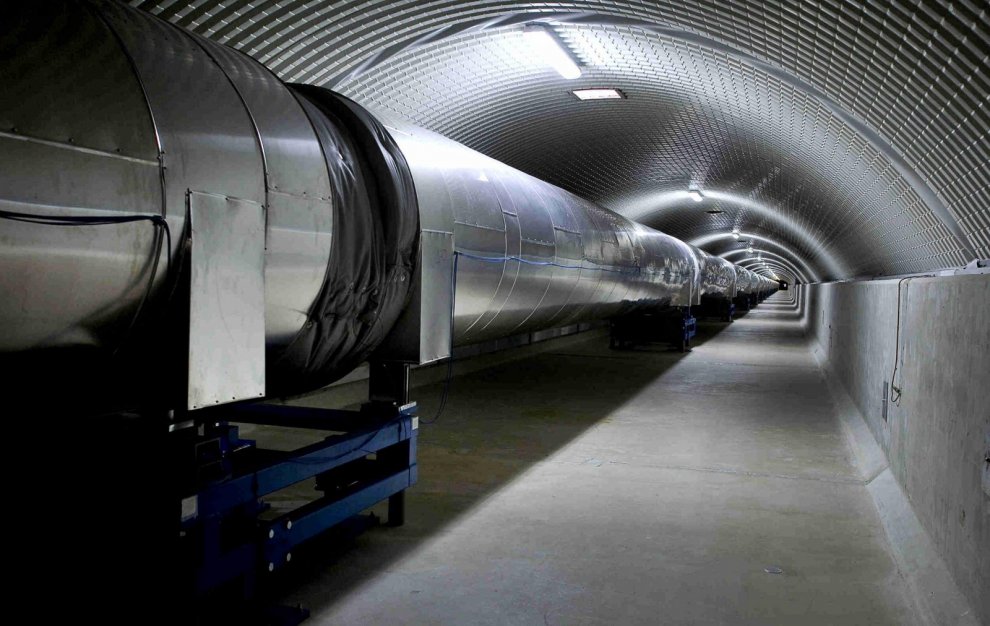Facilities
The scientific programme plans to show the participants a wide spectrum of high profile scientific and academic facilities present in Pisa and Florence:
- The VIRGO site of the European Gravitational Observatory (EGO)
- The Italian National Research Council (CNR)
- The National Institute for Nuclear Physics (INFN)
- The European Laboratory for Non-linear Spectroscopy (LENS)
- The University of Pisa
- The University of Florence
- National Enterprise for nanoScience and nanoTechnology (NEST) Alongside the lab tours, we’ll have a large number of seminars—just like in past editions. In particular, we will have deep dives into all the major research areas and experiments currently running at these facilities, plus discussions about what they mean for science as a whole. These sessions will give us a better understanding of the theory and real-world applications. It will undoubtedly be a rich experience.
The Universities
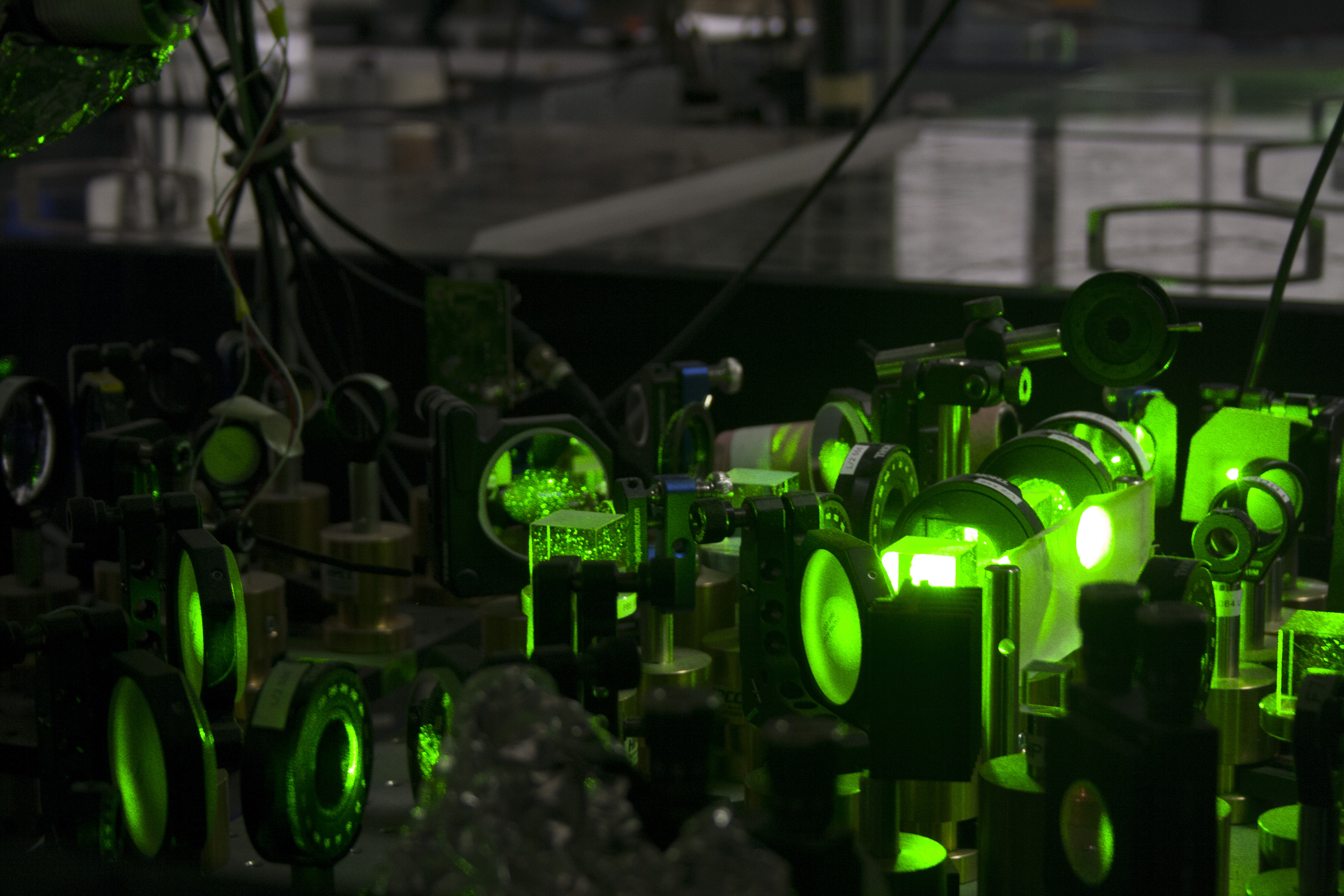
The University of Pisa is one of the oldest universities in Italy and Europe. Among others, Nobel Prize-winning physicists Enrico Fermi and Carlo Rubbia studied there. It is consistently ranked among the world's best universities in its field. We will visit the laboratories of many affiliated institutions.
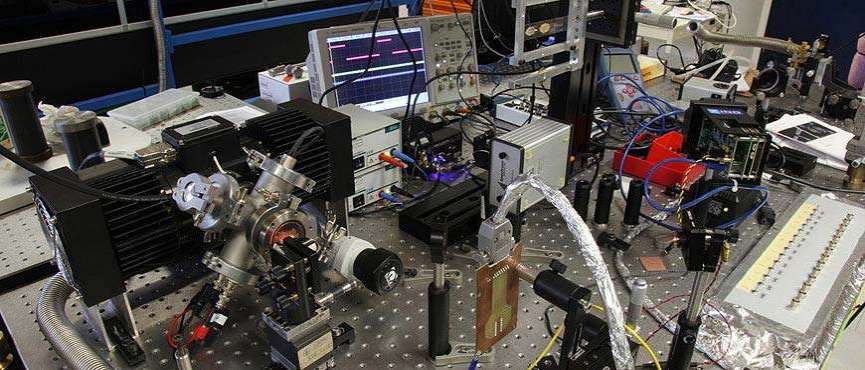
The University of Florence is the largest one in Tuscany. Its new department of Physics, placed in a scientific campus outside of the city, works closely with many research centres and institutions. Among its various research fields, a large group counducts studies in matter physics, in particular on biophotonics and quantum technologies.
The Laboratories
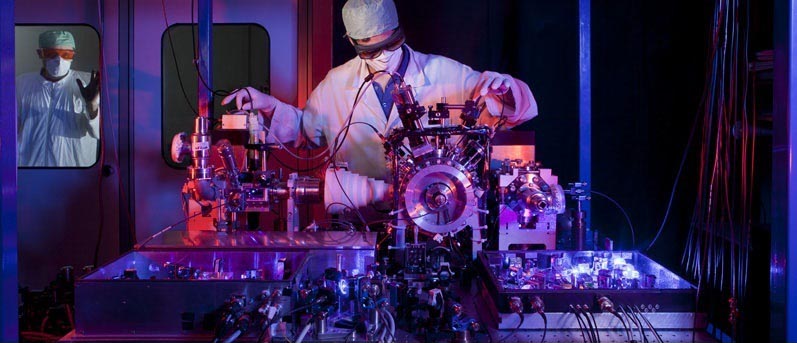
The European Laboratory for Non-linear Spectroscopy (LENS) is an international and interdisciplinary structure in Florence. The main research lines are atomic physics, photonics, physical chemistry and biophysics. At LENS, we will see how physicists collaborate with chemists, biologists, and engineers to shape light for scientific, industrial, and medical purposes. We will learn how to stop light using photonic crystals, explore how light is used to unveil the secrets of the brain, and study —or even create— new materials.
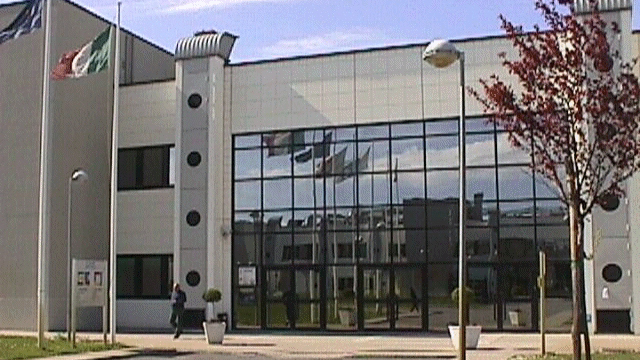
The National Institute of Optics (INO) is a cornerstone of CNR’s scientific network, with nearly a century of work in optics—spanning everything from quantum physics to cultural heritage preservation. During your visit to CNR-INO, you’ll get to explore the Dysprosium Lab, where researchers dive into the mind-bending world of quantum matter. Here, scientists work with strongly magnetic atoms to investigate a quantum phase at the boundary between superfluids and crystals- the supersolid. Researchers use precision laser beams to control the atoms’ motion and interactions. Strong magnetic fields are applied to trigger crystallization, nudging the system into the exotic supersolid regime.
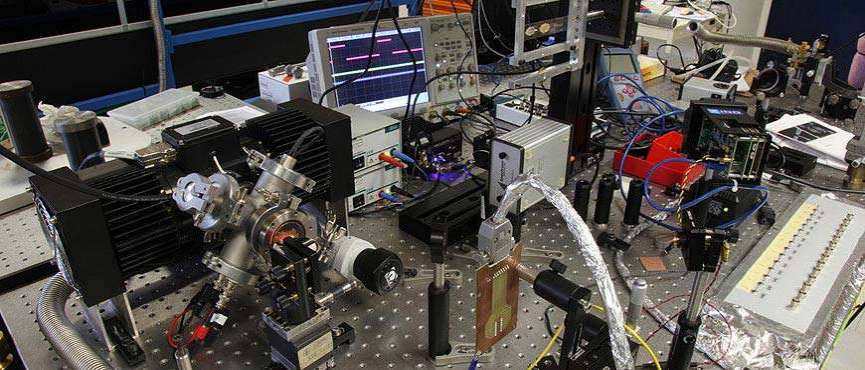
The Department of Physics and Astronomy (DFA) at the University of Florence is a leading center for research and education. It covers theoretical and experimental physics and collaborates with international institutions and major scientific projects. Its research groups explore all fields of physics, from subnuclear particles to astrophysical objects, condensed matter, and photonics. During our visit, we will explore laboratories dedicated to light and its interaction with matter. Here, physicists investigate ultracold atoms, Bose-Einstein condensates, quantum states of light, quantum cryptography, and many other fascinating topics.
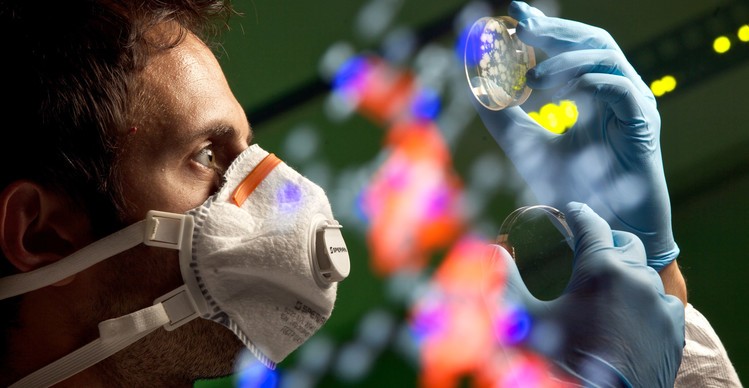
NEST, the National Enterprise for nanoScience and nanoTechnology, is an interdisciplinary research and training centre where physicists, chemists and biologists investigate scientific issues at the nanoscale. This knowledge is exploited to develop innovative nanobiotechnological tools, nanoelectronic and photonic devices and architectures.
